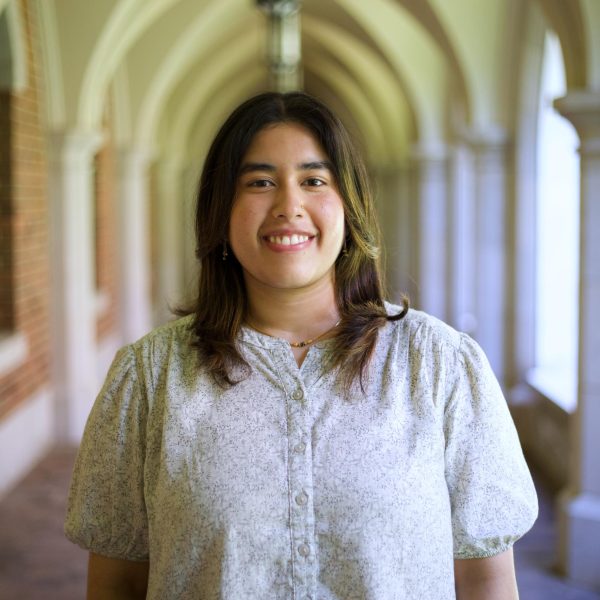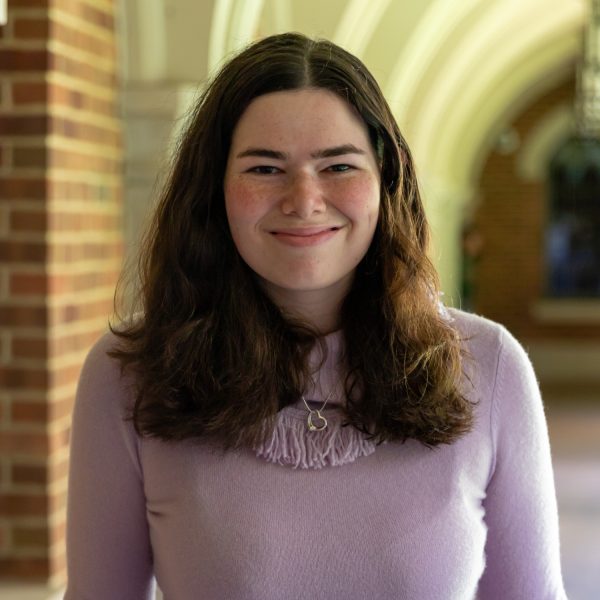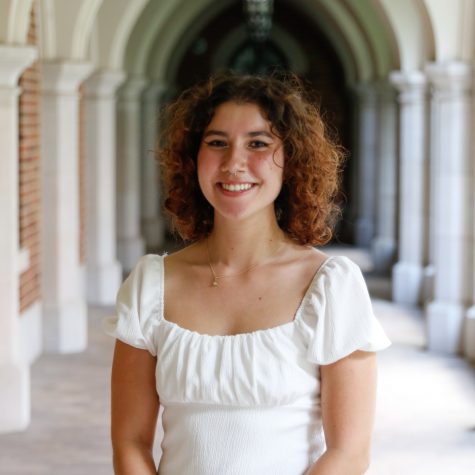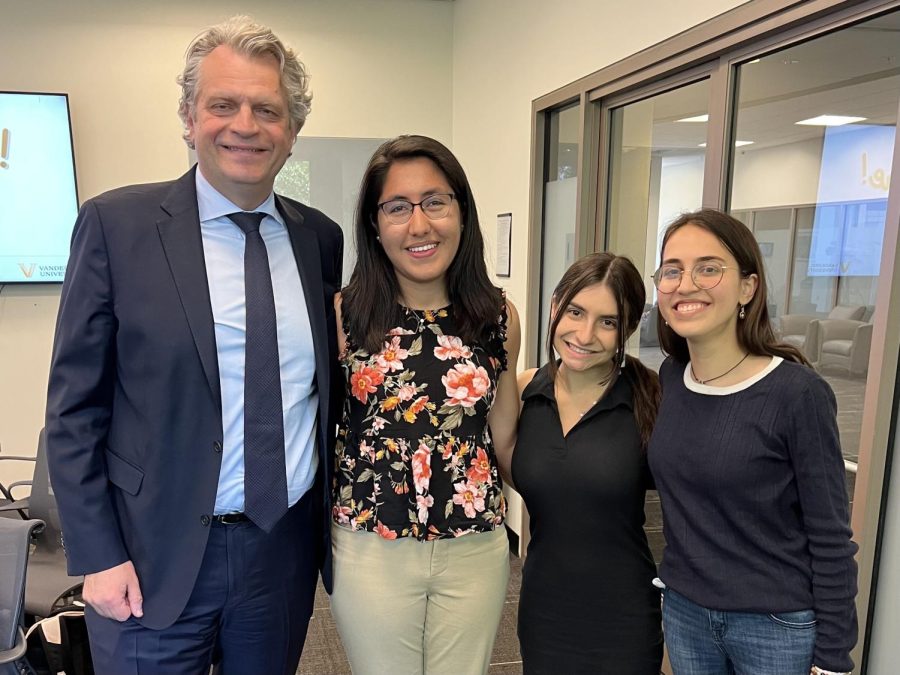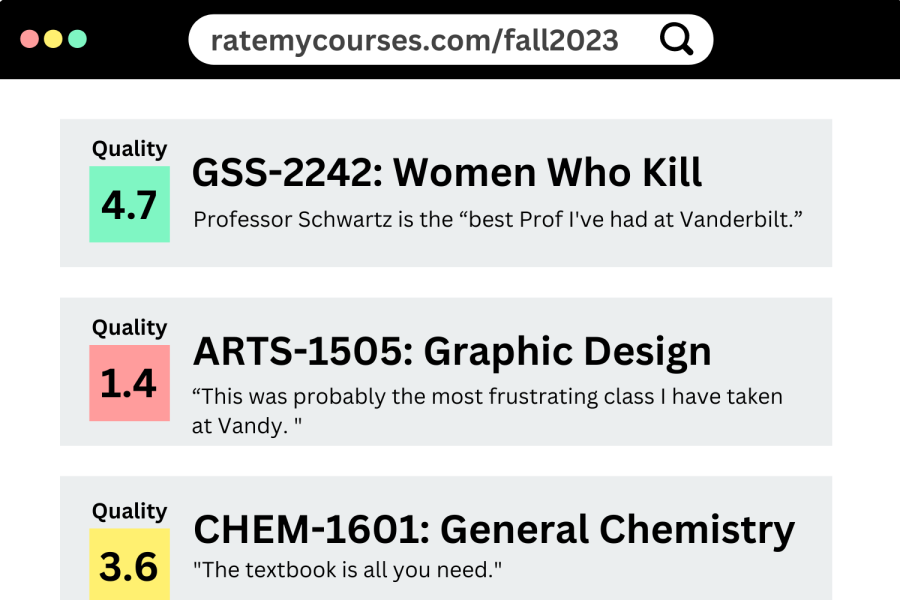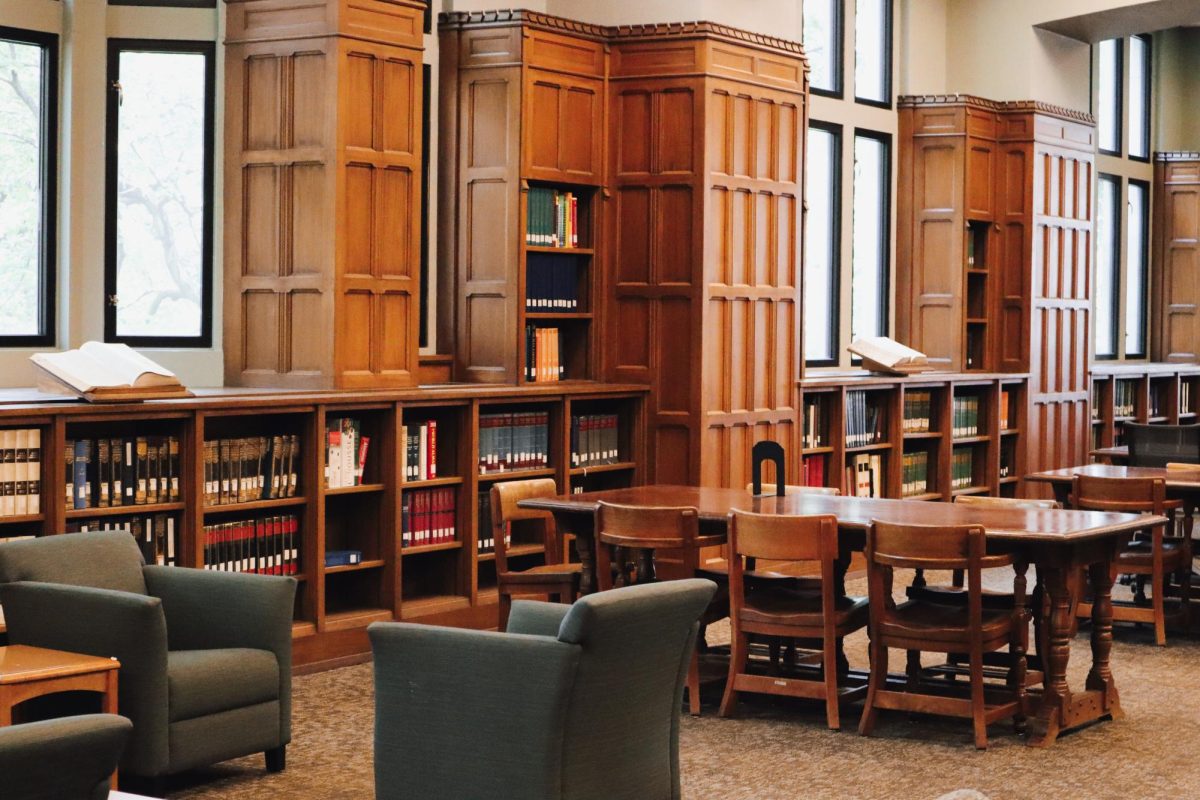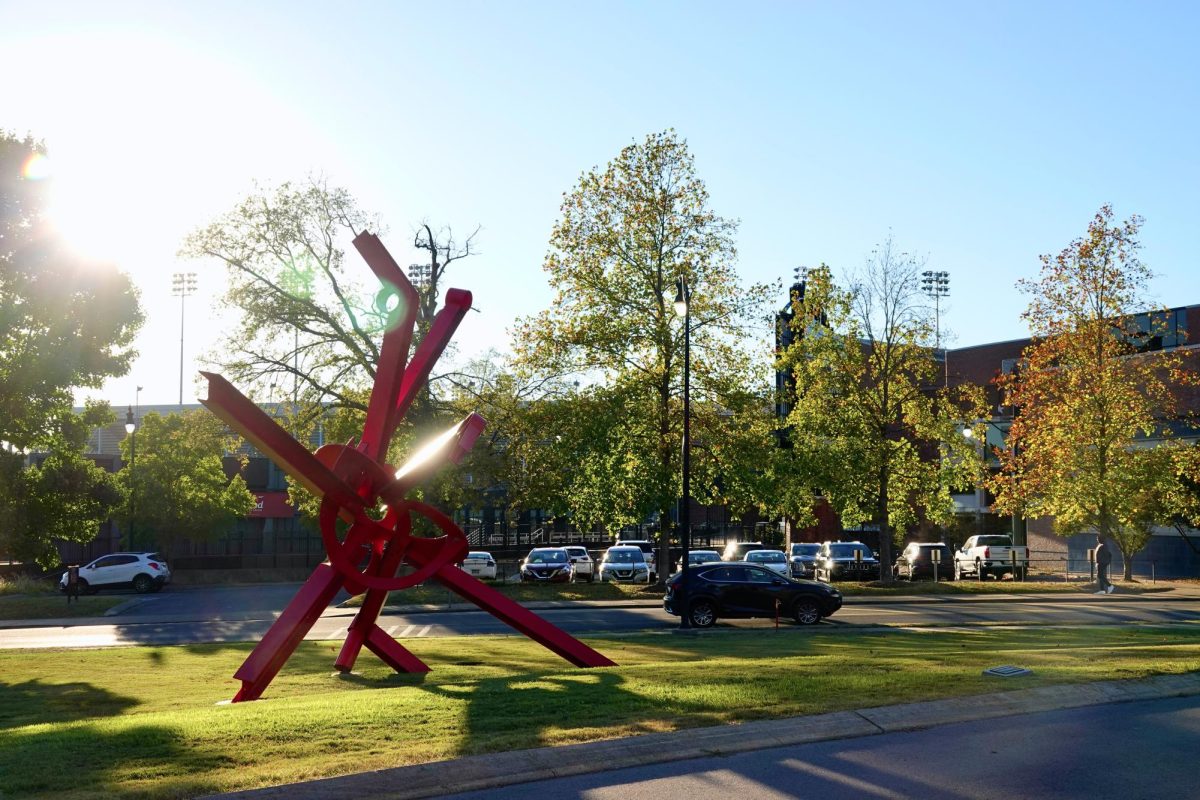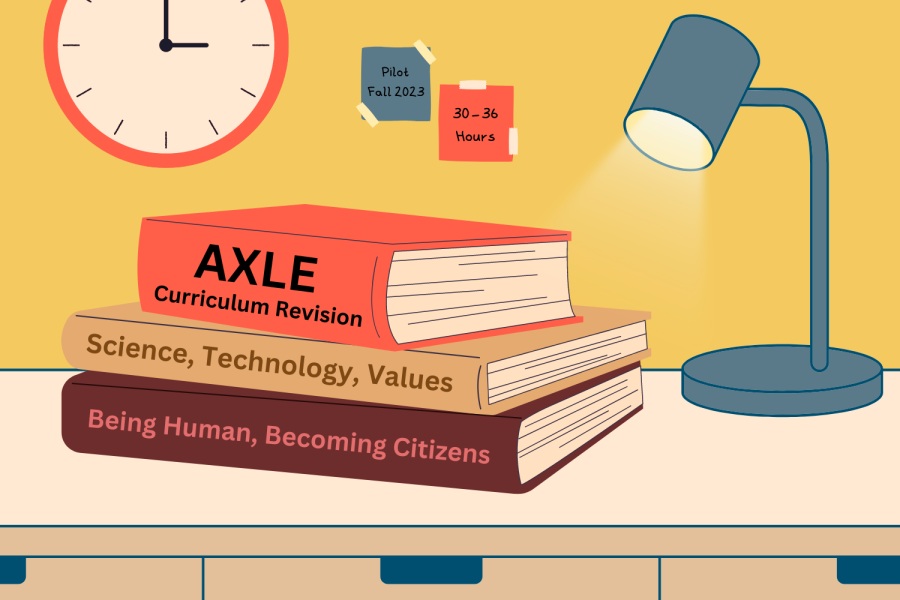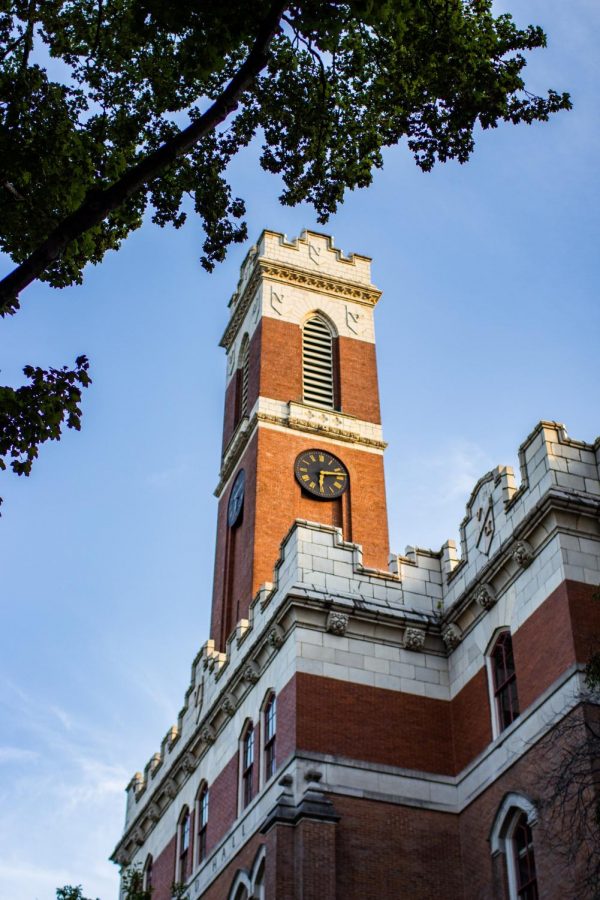The university announced on Feb. 14 that it will be restructuring the College of Arts and Science (A&S) undergraduate liberal arts requirement, commonly known as AXLE. AXLE stands for “Achieving eXcellence in Liberal Education” and is the main curricular requirement in A&S, Vanderbilt’s largest undergraduate school.
Per “The Future of A&S Curriculum” website, A&S is currently reviewing its undergraduate program with the intention of updating its curriculum to match the needs of twenty-first-century Vanderbilt students. These changes will be the first major revision A&S has made to its curriculum since the installment of AXLE in 2005. The new curriculum will likely not be adopted before Fall 2024, corresponding to the Class of 2028.
AXLE and its criticisms
The current AXLE curriculum requires students to take 42-45 credit hours—varying based on the foreign language requirement—from designated categories, accounting for about a third of the total credit hours needed to graduate. The rest of the required credit hours are open for students’ major(s), minor(s) and other electives.
The AXLE curriculum is composed of the writing requirement and the liberal arts requirement. There are four individual writing requirements: demonstration of basic English composition skills, a first-year writing seminar and two writing courses of any level. At least one of these two writing courses needs to be taken before junior year.
AXLE’s liberal arts component requires students to take 13 courses over six areas of discipline: humanities and the creative arts, international cultures, history and culture of the United States, mathematics and natural sciences, social and behavioral sciences and perspectives. Students’ high school course credit earned from Advanced Placement (AP) and/or International Baccalaureate (IB) courses cannot be put toward these requirements.
English professor Kate Daniels, now retired, was on the committee that originally designed AXLE in 2004. She said AXLE was designed to be more flexible than the former curriculum and to provide students with a more interdisciplinary education as the society around them evolved.
However, students have long since criticized AXLE for its alleged rigidness. Some students, like Michael Ciszewski, transfer out of A&S as their home school in favor of more preferable liberal arts requirements and AP and IB credit policies. Ciszewski is a sophomore majoring in human and organizational development (HOD) and transferred from A&S to Peabody College due to AXLE and interest in HOD.
“I found the Peabody requirements to be open-ended and allowed me to use credits from high school toward my graduation requirements. In addition, I wanted to change from Economics to HOD,” Ciszewski said. “AXLE influenced my decision, as making my homeschool Peabody would allow me to avoid having to do extra classes that I wasn’t interested in. AXLE doesn’t allow me to pass on classes that I already took in high school.”
On the other hand, Heather Bryant, a sophomore majoring in biological sciences, transferred from Peabody to A&S at the end of her first year at Vanderbilt. She said AXLE has the right intentions in its design, despite its flaws.
“I appreciate how [AXLE] exposes us to a vast field of interests that maybe we wouldn’t have thought about before,” Bryant said in a message to The Hustler. “It’s not perfect, but if you want to be introduced to something new then I think it’s the right fit for you.”
She added that she was originally worried about completing the required hours for AXLE along with her major requirements.
“I think 40 credits is a bit excessive,” Bryant said. “I was nervous about it initially because I already knew I was behind in AXLE and would maybe struggle with fulfilling those [credits] before I graduate.”
Senior Sophia Liu wrote an opinion piece for The Hustler on Jan. 4, 2020, where she spoke about the gaps she found in the current AXLE curriculum.
“Students consider AXLE a burden rather than an intellectually stimulating and beneficial construction,” Liu wrote. “Rather than forcing students to simply learn material from different fields, AXLE needs to teach students how to think across disciplines.”
Former Student Body President Hannah Bruns (‘22) and former Student Body Vice President Kayla Prowell, a senior, worked to add a cultural studies requirement to AXLE during their 2021-22 term. Despite falling short of this goal, Prowell said in an April 28 interview with The Hustler that she and Bruns got the conversation started with different campus groups.
Daniels said it is “a real sign of health” that students are identifying issues and advocating for change regarding AXLE.
“It would be unnatural to have a curriculum that would work for everyone in perpetuity,” Daniels said. “If you’re going to have a core requirements curriculum, then you’re going to have to be realistic and accept that eventually and probably within 20 years, maybe even quicker, it’s going to get creaky.”
The initiative to restructure AXLE
Faculty committees began meeting in January 2022 to discuss the reconstruction of AXLE and will continue to meet until June 2023.
Per the committee’s website, the mission of the new curriculum is to “equip [Vanderbilt students] to answer pressing humanistic, social, and scientific questions” through “varied modes of inquiry” to prepare them for their post-graduation paths.
The committee cites incoherence between the liberal arts requirements and many major requirements as a reason for restructuring AXLE. The website claims that issues arise for students due to AXLE’s “inflexible” categorizations that are no longer in the current scope of “current scholarly configurations.” Overall, it asserts that AXLE does not provide the general educational foundation required for specialized studies that students hope to pursue.
The initiative is composed of 31 members in total, as specified on its website. A&S Dean of Strategic Initiatives Dr. Sarah Igo is leading the restructuring initiative as the chair of the Steering Committee. This group is responsible for creating a timeline for the revisions being made to AXLE and intertwining the works of other groups and committees to create one, harmonious curriculum.
Two other faculty committees are part of the initiative—the Standing and Capacity Committees.
“Some of the committees are collecting data, researching pedagogy, tracking curricular reform at other universities, brainstorming key reform ideas, and exploring implementation barriers,” Igo said in a message to The Hustler. “Still others are investigating what new categories or capacities—from civic and ethical reasoning to media analysis—we could organize general education around and what that might look like in practice.”
Although the new curriculum is not yet outlined, Igo said the committees are aiming to create a curriculum that will build a strong foundation for students graduating into a continuously-changing world.
“We are placing a good deal of emphasis on the values of curiosity, exploration and questioning as key capacities we want students to develop. We are open to the idea that some important capacities we want our students to have might not be taken care of by a single course, or even two, and may need to be folded into several requirements,” Igo said. “We want to make sure that important emerging areas that weren’t much on people’s radars in 2004 when AXLE was voted in—AI, for example—have a place in thinking about what equipment VU graduates will need in their lives.”
Igo hopes that the team will have a broad plan for the new curriculum by early Fall 2023. She said it will then be voted upon by A&S faculty members and improved based on feedback. Igo said it takes roughly one year to implement the curriculum after it is approved. The new format will likely begin applying to the first-year class during the year it is adopted, according to Igo. However, she said there may also be an option for currently-enrolled students to opt into the new curriculum once it is implemented.
Next steps
Throughout the 2022-23 academic year, several open houses and talks will be held for students to learn more about the initiative and provide their input.
“The purpose of these public events is to encourage informed and open discussion about future directions for the curriculum—and also to get people excited about the prospect,” Igo said.
During the open houses, faculty committees will share their findings and ideas for the new curriculum. They plan to answer questions regarding their work and receive feedback from the larger Vanderbilt community. The first open house is on Sept. 20 at 4:15 p.m. CDT in the Wilson Hall lobby.
A public speaker series is also planned to bring leaders in higher education to Vanderbilt to discuss their creative ways of defining an undergraduate education. Currently, there is no speaker list, but Igo hopes to have the finalized list by October. Public talks are scheduled for October and November of 2022 and January and February of 2023.
Igo said students should directly contact her or the committees with any ideas or concerns they have.
“I would like students to know that we are terrifically interested in your experiences with AXLE as well as any ideas and proposals for what might replace it as we work,” Igo said.




